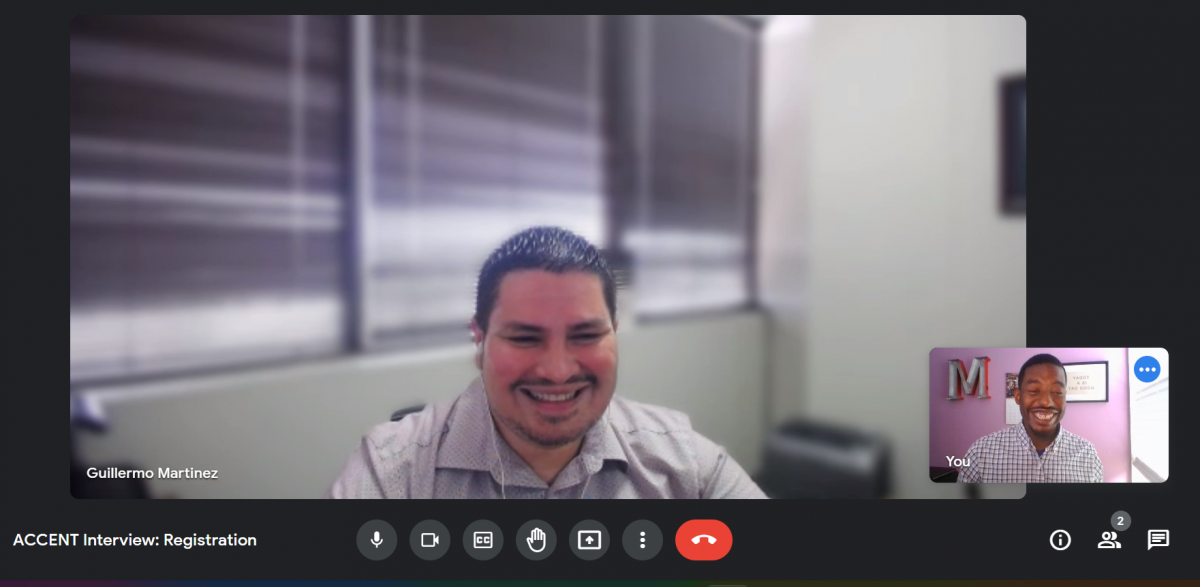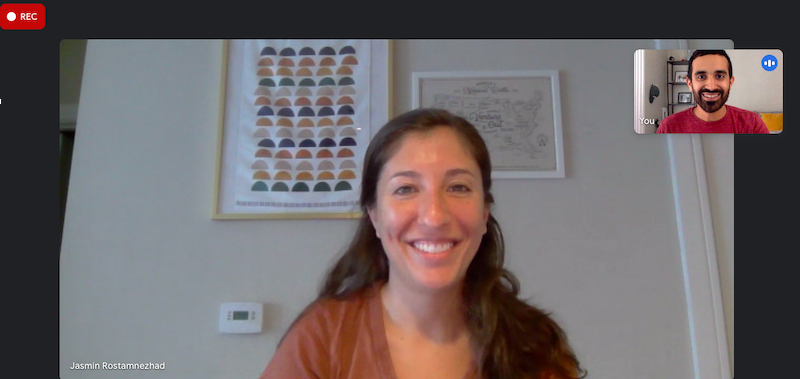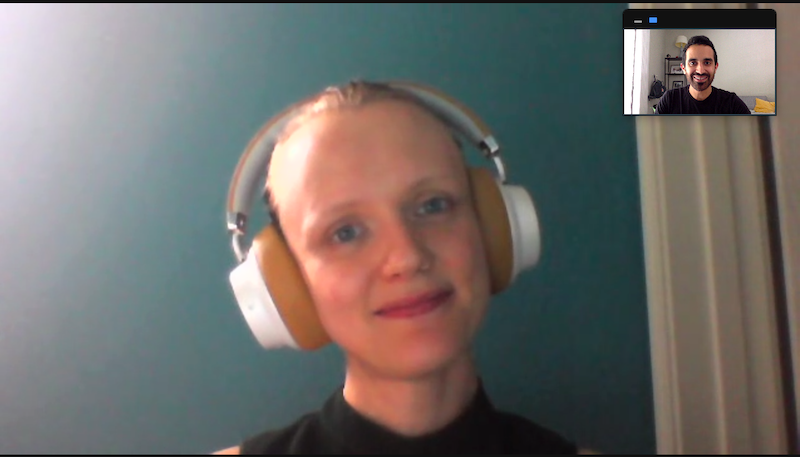Registration for the 2022 summer semester began on April 4 for all current or returning Austin Community College students. As of April 18, new students can register as well.
Written by Morris Haywood
Edited by Pete Ramirez
ACC will be providing over 2,400 open sections across eleven campuses this summer so students can continue their education and pursue their academic goals.
Summer semester classes will begin on May 31 and end on August 8. Depending on the student’s major and schedule, ACC offers 10- week, 9-week, or 5-week courses with varying start times.
In-person classes will be offered on campuses across the Central Texas area and virtually as well. While class times are still available, students should consider what days fit into their schedule. The time length of each class is necessary to review also.
“Timing can be a bit longer,” ACC’s Associate Vice Chancellor of Student Engagement and Academic Success, Guillermo Martinez said. Martinez, who has been working in education for eleven years and with his current department for 6 years, said class times vary but there is a need for students to continue their education.
“Depending on the days chosen, classes can be only an hour but be every single day, which is different from the normal 16-week session. So there are different options for students,” said Martinez. “Evening and weekend classes are popular, but you have people that come in from work and the day may be a little bit longer for them”.
Due to the pandemic, there are many more virtual options this summer compared to years past.
Online classes for students range from regular online instruction, synchronous virtual class meetings, hybrid distance, hybrid classroom, and hyflex – a face-to-face (F2F) synchronous course section that allows students to attend virtually on any given class day.
With all these options students can continue to learn without much interruption to their summer plans.
“More and more we are trying to do the regional approach,” Martinez said. He explained that ACC is trying to institute ‘destination campuses’ based on the size of the class and specific courses. For example, the destination campus for the North is Round Rock, the central destination is Highland, and the South Campus destination is Riverside.
“But we try our hardest to spread out and that is also the positive with the growing distance learning courses and that is more opportunity to take classes from anywhere,” Martinez said.
As always, support for students is available during the summer as well.
From financial aid, student support service, and free tutoring the usual opportunities will still be present for students looking to continue their academic goals during the summertime.
This also includes students attending or enrolled at a university.
“How can we provide the support that is needed?” Martinez said. “Let’s figure it out and talk that through.”
Martinez emphasized the many ways students can find support without added stress, by noting that counselors and staff are still present during the summer months.
Martinez believes that students’ time and mental health need to be prioritized and education should not be another stressor in their lives.
Students enrolling for summer classes can get ahead on their degree plan and even graduate earlier than expected.
“With summer registration it’s a great opportunity to keep going. It takes time to grow a habit,” Martinez said. “Students tend to get in the flow in the fall and spring and then if you take two months off, you can forget things.”
Martinez mentioned that many students disappear after the spring sessions, but by just taking at least one class the academic momentum can build.
“If you enroll in one course in the summer, it can go a long way to keeping the habit going,” Martinez said. “I think it’s helpful going to school so the student can finish.”
“[Summer courses are] slightly different, but don’t forget to ask for help,” Martinez said.
Students can still register for classes until May 16.
Schedules for the summer semester as well as financial aid, admission help, and contact information can be found at https://start.austincc.edu.




